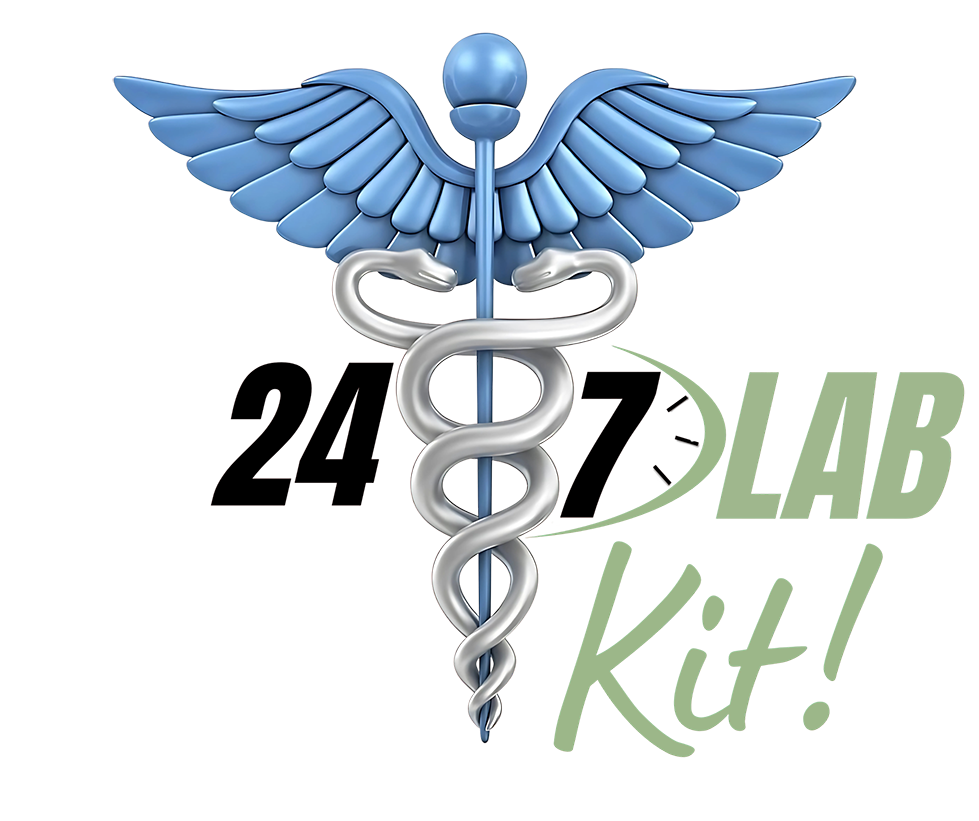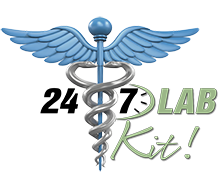Syphilis Outbreak in Houston: An Emerging Public Health Challenge
Newsflash! Have you heard the scoop? There’s a syphilis outbreak occurring in Houston, Texas, right now, and the Houston Health Department is doing everything possible to combat it. Here’s how you can, too.
Syphilis, as you may or may not know, is a sexually transmitted infection (STI) caused by the Treponema pallidum bacterium.
You can get Syphilis from engaging in unprotected sexual intercourse with an infected person. The bacteria can then enter your body through small cuts or abrasions on your genitals, mouth, or rectum.
According to numerous Houston news sources, there has been a 128% increase in syphilis cases in women over the past four years. As for congenital syphilis cases––meaning when the infected mother passes the STI down to the baby during pregnancy––the numbers have soared from 16 cases in 2016 to 151 cases in 2021.
The Houston Health Department has launched an aggressive community outreach response to curb this issue head-on. Their goal is to raise awareness about Syphilis and its prevention, ensuring everyone has the information they need to stay safe, tested and healthy.
Here’s more information on Syphilis and what you can do to protect yourself and others.
The 411 on Syphilis

No matter if you’re in Houston or anywhere else in the world, here’s the thing about Syphilis: it has different stages. In the primary stage, you might notice a small sore or ulcer called a chancre at the site of infection. It’s usually painless and can disappear on its own, making it easy to miss. But here’s the catch: even if the chancre disappears, the infection is still present and can progress to the next stage.
Now, let’s fast forward a bit. In the ultra-contagious secondary stage, you might experience a rash, fever, fatigue, and swollen lymph nodes. These symptoms can come and go, making it tricky to connect them to Syphilis.
Without proper treatment, the infection can enter a latent stage, where it remains hidden and shows no symptoms. But don’t be fooled! The infection can still cause severe damage to your body, including your heart, brain, and other organs.
The good news? Syphilis is treatable with antibiotics, especially in the early stages. Typically, doctors prescribe a powerful antibiotic called
Benzathine penicillin, which has proven to be highly effective against the bacteria that causes Syphilis. In most cases, a single injection of penicillin does the trick, but sometimes multiple doses are required, especially for more advanced cases.
Now, I know what you might be thinking. Antibiotics… injections… not the most fun things in the world, right? But trust me, it’s all for your own well-being, and the treatment process doesn’t last too long. It’s a small price to pay to get rid of the infection and protect your health.
After starting treatment, you’ll need to follow up with your doctor for regular check-ups and blood tests to ensure that the antibiotics are doing their job. They’ll monitor your progress and make sure everything is on track.
It’s important to remember that even though the symptoms may disappear relatively quickly, completing the entire course of antibiotics is crucial. This ensures that the infection is completely eradicated from your body and helps prevent any potential complications down the line.
Syphilis is entirely curable, and with the proper treatment and a little patience, you can bid farewell to Syphilis for good. Just remember to take care of yourself, follow your doctor’s instructions, and reach out to them if you have any questions or concerns along the way. They’re there to help you, and they’ll guide you through the treatment process.
What Can I Do to Protect Myself?
Syphilis doesn’t discriminate against gender, age, or sexual orientation. It can impact anyone, but the good news is that there are several steps you can take to protect yourself and reduce the risk of contracting syphilis.
First and foremost, practicing safe sex is crucial. This means using condoms consistently and correctly during vaginal, anal, and oral sex. Condoms act as a barrier, preventing direct contact with any infected fluids. They are widely available and come in different sizes and materials, so you can find the one that suits you best. Remember, it’s not just about preventing unwanted pregnancies but also about safeguarding your overall sexual health.
Getting tested regularly is another essential step in protecting yourself from Syphilis. Regular testing allows you to detect any potential infections early on and seek appropriate treatment. It’s a responsible and proactive approach to maintaining your sexual well-being. Many healthcare providers offer confidential and affordable testing services. So, don’t be shy or embarrassed—take that step and prioritize your health.
If you’re weary of the in-person setting, consider 247Labkit for your testing needs. The reliable and HIPAA-compliant service offers a range of wellness and STD tests without the hassle of long lines, appointments, and uncomfortable conversations.
Additionally, communication plays a key role in protecting yourself from Syphilis. Openly discussing sexual health with your partner(s) can help ensure that everyone involved is on the same page. Honesty, trust, and mutual understanding are vital in maintaining a healthy sexual relationship. Encourage your partner(s) to get tested as well, as it takes two to tango when it comes to preventing sexually transmitted infections.
Now, let’s talk about the importance of knowing your sexual history. Being aware of your partner’s sexual history and vice versa can help you make informed decisions about your own health. If you’re unsure about your partner’s history or if you’ve recently had unprotected sex with a new partner, it might be a good idea to get tested for Syphilis and other sexually transmitted infections.
In addition to these preventive measures, it’s crucial to educate yourself about Syphilis. Learn about the symptoms, transmission methods, and available treatment options. This information will empower you to recognize any potential signs and seek medical help promptly if needed. Remember, the more you know, the better equipped you are to protect yourself and make informed decisions.
The More You Know, The Safer You Are

In addition to being proactive toward your sexual health, taking care of your overall well-being can be a massive help. A healthy lifestyle, including a balanced diet, regular exercise, and sufficient sleep, can strengthen your immune system and reduce the risk of infections. Maintaining good mental health is also important, as stress and emotional well-being can impact your immune system and overall resilience.
Protecting yourself from Syphilis is a combination of personal responsibility, open communication, and informed decision-making. By practicing safe sex, getting tested regularly, and being proactive about your sexual health, you’re taking important steps toward a healthier and happier life.
Remember, we all have the right to a fulfilling and safe sexual experience. Let’s prioritize our health, protect ourselves, and support one another in promoting sexual well-being. Stay informed, stay safe, and take care of yourself!







Comments are closed